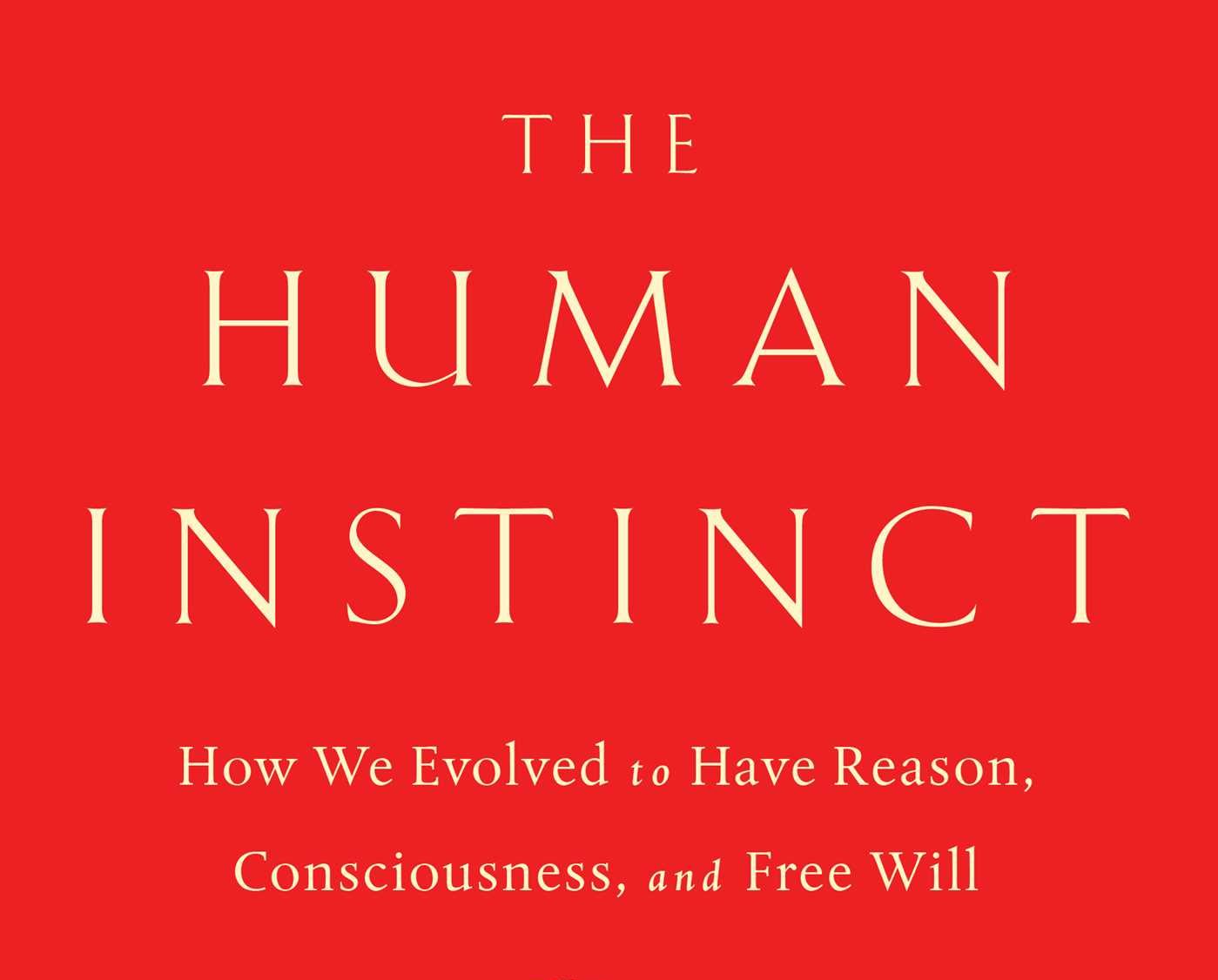
A Critique of Evolutionist Kenneth Miller’s New Book The Human Instinct
On this episode of ID the Future, host Mike Keas interviews Professor Emeritus Michael Flannery (U of Alabama-Birmingham) on evolutionist Kenneth Miller’s new book The Human Instinct: How We Evolved to Have Reason, Consciousness, and Free Will. Miller is prominent as a science educator and supporter of Neo-Darwinian theistic evolution. Flannery, a historian of science, argues that Miller’s attempt to defend human exceptionalism on Neo-Darwinian grounds runs into fatal difficulties, as have similar attempts before. Please consider donating to support the IDTF Podcast.




